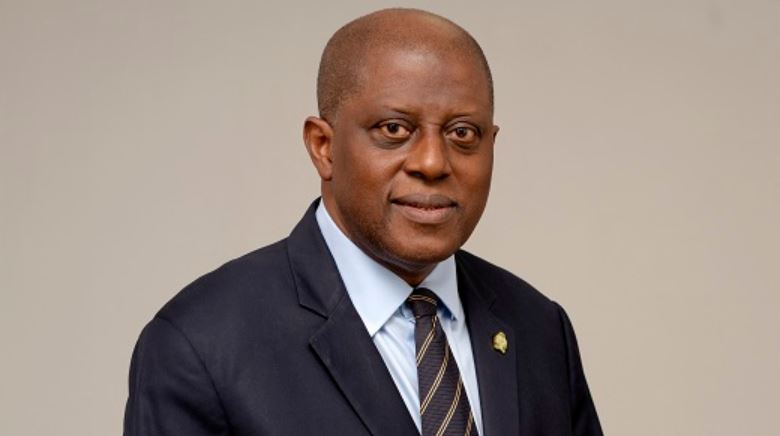The Central Bank of Nigeria (CBN) maintained its benchmark interest rate, the Monetary Policy Rate (MPR), at 27.50 percent for the second consecutive time in 2025. This decision, announced following the 300th meeting of the Monetary Policy Committee (MPC) in May 2025, signals a pause in the CBN’s tightening monetary policy stance after six consecutive rate hikes throughout 2024. The hold on the MPR, along with the retention of other key policy parameters like the Cash Reserve Ratio (CRR) and Liquidity Ratio (LR), allows the CBN to assess the impact of previous policy adjustments and monitor the evolving economic landscape before making further changes. The MPC emphasized that the decision to hold rates was unanimous, reflecting a shared understanding of the prevailing economic conditions and the need for a cautious approach. The decision aims to provide the committee with sufficient time to properly evaluate the short-term economic trajectory and the effectiveness of existing policies in curbing inflation and stabilizing the economy.
The rationale behind the CBN’s decision stems from observed improvements in key macroeconomic indicators, particularly a downward trend in inflation. Official data revealed a decline in headline inflation to 23.71 percent in April 2025 from 24.23 percent in March 2025. This positive trend extended to both month-on-month and food inflation figures, indicating a softening of inflationary pressures. While acknowledging these positive developments, the CBN maintained a cautious outlook, recognizing the persistent challenges that could threaten sustained disinflation. The MPC attributed the moderation in inflation partly to government initiatives aimed at improving food supply and addressing security concerns in agricultural regions.
Despite the encouraging signs of declining inflation, the MPC recognized persistent pressure points within the Nigerian economy. High electricity costs, sustained demand for foreign exchange, and inherent structural bottlenecks continue to pose risks to price stability. The devaluation of the Naira against other currencies, while contributing to improved export competitiveness, has fueled inflationary pressures through higher import costs. The MPC emphasized the need for sustained reforms to address these structural issues and consolidate the gains achieved in taming inflation. The Committee welcomed government-led reforms aimed at stimulating domestic production and reducing reliance on foreign exchange, recognizing these initiatives as critical to anchoring inflation expectations and stabilizing the exchange rate.
The MPC also scrutinized developments in the foreign exchange market, urging the CBN to maintain its reform agenda. The observed increase in Nigeria’s gross external reserves to $38.90 billion by mid-May 2025, representing 7.6 months of import cover, provided a degree of comfort. The Committee expressed optimism about the gradual convergence between official and parallel market exchange rates, a sign of improved market confidence. Furthermore, they urged fiscal authorities to intensify efforts to bolster foreign exchange earnings, particularly from oil, gas, and non-oil exports. This diversification of FX sources is crucial for mitigating the impact of volatile global oil prices and strengthening the Naira.
In terms of economic growth, the MPC acknowledged the positive trajectory of Nigeria’s real GDP, which expanded by 3.84 percent in the fourth quarter of 2024. This growth was fueled by both the oil and non-oil sectors, with the services sector playing a significant role. However, concerns were raised about the potential impact of declining global crude oil prices on government revenue. External factors, such as increased production by non-OPEC countries and uncertainties surrounding U.S. trade policies, pose challenges to Nigeria’s fiscal outlook and budget implementation. The MPC stressed the need for proactive measures to mitigate these risks and ensure fiscal sustainability. This includes exploring and developing alternative revenue streams, enhancing efficiency in public spending, and strengthening fiscal buffers to absorb external shocks.
The CBN affirmed its commitment to maintaining financial system stability, commending the relative resilience of the banking sector. Ongoing recapitalization efforts are expected to further strengthen the banking industry’s capacity to withstand shocks and support economic growth. The MPC emphasized the importance of sustained regulatory oversight to ensure the soundness and stability of the financial system. Looking ahead, the committee reiterated its focus on implementing policies that anchor inflation expectations, ease exchange rate pressures, and promote sustainable economic growth. The next MPC meeting, scheduled for July 2025, will provide an opportunity to further assess the impact of current policies and make adjustments as needed.














